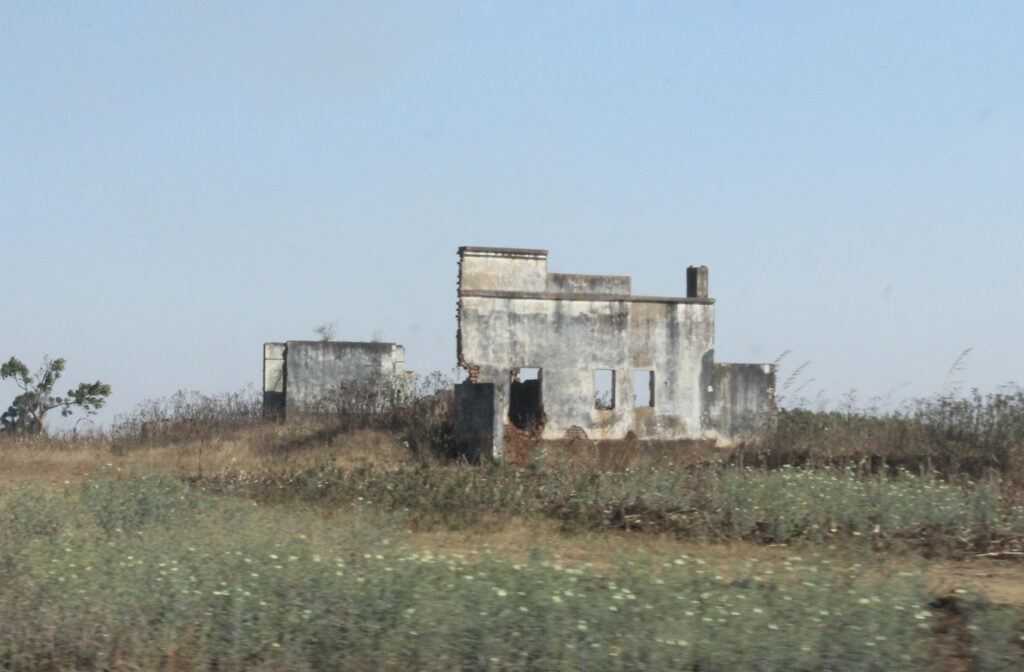Mozambique wraps around Malawi on three sides, and unlike the borders of most nations, this fact explains a nearly total encasement of the Southern portion of Malawi. Because of this fact, Mozambique has a powerful influence on the economic and political situation of its neighbor.
A major example of this took place between 1977 to 1992 when Mozambique suffered a crippling civil war. The conflict that crippled the economy of Mozambique also had a devastating effect on Malawi. The war in Mozambique cut off Malawi’s route to the sea and the rest of the world. Road and rail traffic suffered for nearly 20 years and the cost to go around the war-torn area made world trade and commerce too costly for Malawi to keep up with other African nations. Add the failure to develop a manufacturing base in Malawi during the later portion of the colonial years, and you have the formula for never-ending poverty.
Today the population of Malawi is composed of a younger generation, 70% under the age of 30, who did not experience the civil war or its immediate effects on Malawi. They only know the long-term influence of lost and costly commerce, travel, and communication. Even though the long war contained local and regional reasons, the conflict was also greatly exacerbated by the world’s Cold War politics between East and West.
After the civil war ended direct access to the sea was re-established, and an increase in commercial activity followed. Mozambique is again suffering a military conflict in the north and central part of the nation through attacks by an Islamic State (ISIS)-linked group, known as Al-Shabab. Not only does this situation affect Malawi’s commerce, but it also poses a threat of disruptions to road and rail routes.
However, in the peaceful areas south of Dedza, Malawi, highway M-1 runs next to the Mozambique border. In this area, one can look west into beautiful rolling hills and green, plush, countryside. Picturesque villages, fields of ripening maize, and vendor stands filled with tomatoes, potatoes, and lettuce reflect a growing prosperity for Malawi’s neighbor. Gone are the guns, raids, and suffering.
Through the years a single structure has stood in stark contrast to a new age, a peaceful time. It was an old bombed-out structure, pot-holed by bullet scars, and nearly destroyed by the effects of the war. It was a reminder of that painful part of the history of Malawi’s closest neighbor.
Now the old building is gone, torn down, effectively removing a painful reminder for both countries. It seems fitting that, as both countries work to create a better future, one of the remaining markers of the long Mozambique war has been moved to the scrapbook of history.

